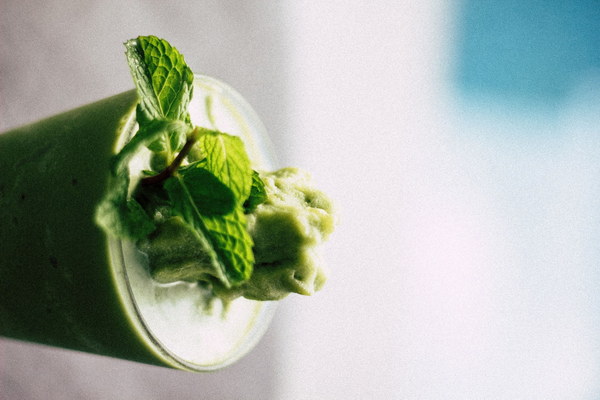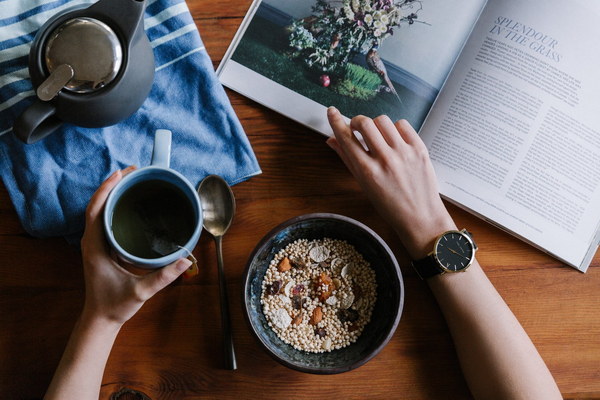Can You Eat Carrots While Taking Diuretic Medication
Introduction:
When it comes to health and wellness, maintaining a balanced diet is essential. However, certain medications can interact with our food choices, leading to concerns about compatibility. One such question often arises: can you eat carrots while taking diuretic medication? In this article, we will explore the relationship between carrots and diuretics, helping you make informed decisions about your dietary choices.
Understanding Diuretics:
Diuretics, also known as water pills, are medications prescribed to increase urine production, thereby helping to remove excess fluid from the body. They are commonly used to treat conditions such as hypertension, heart failure, and kidney disorders. By promoting diuresis, diuretics can reduce blood pressure and alleviate swelling caused by fluid retention.
The Nutritional Profile of Carrots:
Carrots are highly nutritious vegetables, known for their vibrant orange color and sweet taste. They are an excellent source of beta-carotene, which is converted into vitamin A in the body. Carrots also contain vitamin C, potassium, fiber, and various antioxidants. Due to their low-calorie content and high nutrient density, carrots are often recommended as a healthy snack or addition to a balanced diet.
Interactions Between Carrots and Diuretics:
The interaction between carrots and diuretics primarily revolves around the potassium content in carrots. Diuretics, especially loop diuretics like furosemide, can cause potassium loss in the body. This loss can lead to a condition called hypokalemia, characterized by symptoms such as weakness, fatigue, muscle cramps, and an irregular heartbeat.
Carrots, being a good source of potassium, can help counteract the potassium loss caused by diuretics. However, it is essential to note that the potassium content in carrots is relatively low compared to other dietary sources. Therefore, relying solely on carrots to replenish potassium may not be sufficient, especially in cases where potassium loss is significant.
Considerations for Eating Carrots While on Diuretics:
1. Consult with a Healthcare Professional: Before making any changes to your diet while on diuretics, it is crucial to consult with a healthcare professional. They can provide personalized advice based on your specific condition, medication regimen, and dietary needs.

2. Monitor Potassium Levels: Regular monitoring of potassium levels is essential, especially if you are taking diuretics. This will help determine if your potassium levels are within the normal range and if additional dietary adjustments are necessary.
3. Balance Your Diet: While carrots can contribute to potassium intake, it is important to maintain a balanced diet that includes other potassium-rich foods such as bananas, oranges, sweet potatoes, and spinach. This will help ensure adequate potassium levels and support overall health.
4. Adjust Medication Dosage: In some cases, your healthcare provider may adjust the dosage of your diuretic medication to minimize potassium loss. This adjustment can help reduce the reliance on dietary sources of potassium, including carrots.
Conclusion:
In conclusion, while carrots can contribute to potassium intake, it is essential to consult with a healthcare professional before consuming them while on diuretic medication. Monitor potassium levels, maintain a balanced diet, and consider adjusting medication dosage if necessary. By making informed decisions, you can ensure the safe and effective use of diuretics while enjoying the nutritional benefits of carrots.









